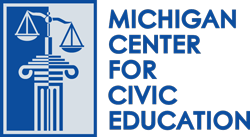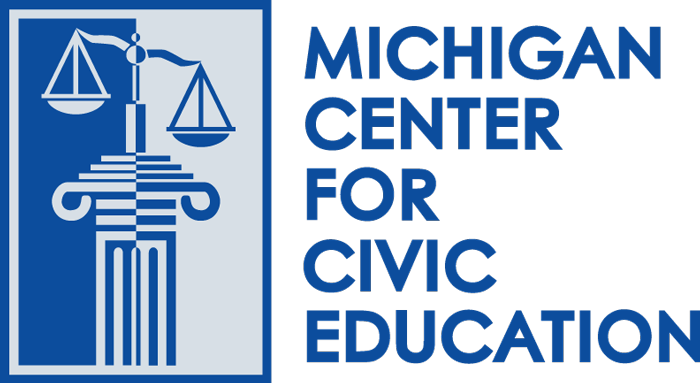Nation’s Report Card on Civics
May 2010
For the third NAEP Civics Report in a row, (1998, 2006, 2010) the results are very disappointing and are a wakeup call that we are failing to impart the civic knowledge, skills and disposition critical to being an informed and engaged citizen. The data revealed that only 27 percent of fourth-graders, 22 percent of eighth-graders and 24 percent of twelfth-graders scored proficient or higher in civics – meaning that millions of young Americans will be unprepared to be the informed and engaged citizens a healthy democracy requires.
Civic Skills and Federal Policy
April 2010
On April 29, 2010, scholars, civic leaders, and federal officials met in Washington to develop a federal policy agenda for civic skills. The conference was convened by CIRCLE at Tufts University’s Jonathan M. Tisch College of Citizenship and Public Service. It was co-sponsored by the Campaign for the Civic Mission of Schools and Strengthening Our Nation’s Democracy (SOND).
No Excuses: Schools and Districts that Make Preparing Students for Citizenship a Priority, and How Others Can Do It, Too
January 2010
This report contains the findings of a special task force which examined civic learning in eleven schools and districts that offer exemplary civic learning for all students. The report contains lessons learned from each school and district, showing that high quality civic learning is not only possible but replicable and scalable in every school and district across the nation.
[DEAD LINK: https://www.miciviced.org/images/reports/Final-CMS-No-Excuses-Report.pdf]
Paths to 21st Century Competencies through Civic Education Classrooms: An Analysis of Survey Results from Ninth Grade Classes
October 2009
by Dr. Judith Torney-Purta (University of Maryland) with Dr. Britt Wilkenfeld.
This study that shows how effective civic education builds the 21st Century Skills important to a student’s success in College, Career and Citizenship. The results of the study show that those students who receive quality civic learning experiences showed the highest scores on demonstrating 21st Century Competencies.
The Status of Civic Education in Michigan
April 2006
Michigan Center for Civic Education for the Michigan Coalition on Civic Education
Through funding from the Carnegie Corporation, the Michigan Center for Civic Education established a Michigan Coalition on Civic Education to conduct the Michigan Campaign for the Civic Mission of Schools. The Coalition engaged Public Sector Consultants Inc. to conduct a Web-based survey of Michigan schools to draw a baseline from which progress in civic education in Michigan could be determined.
Citizenship Education Policy Brief
2006
Education Commission on the States
This policy brief reviews current data and recent state action in support of citizenship education. It highlights eight states’ standards which go beyond the teaching of knowledge and extend to skills and dispositions, analyzes common characteristics of state standards and concludes with questions for policymakers.
Advancing the Civic Mission of Schools
November 2004
Academy for Educational Development
This report identifies six challenges to civic learning, including: making students’ civic learning a priority in school reform; integrating civic learning into the curriculum; implementing sound civic education standards; developing better assessment methods to evaluate students’ civic learning and to make schools accountable for civic education; improving teachers’ and administrators’ training for civic education; increasing collaboration between schools and communities. The report discusses these challenges and articulates clear action steps that schools, districts, and state and federal leaders can take to meet them.
Essentials of Law-Related Education
2003
American Bar Association. 2003
The LRE Essentials concentrates on four areas—concepts and subject matter; attitudes, beliefs and values; skills; and instructional practices and contexts—which together provide optimal opportunities for students to learn about their roles and responsibilities as citizens.

